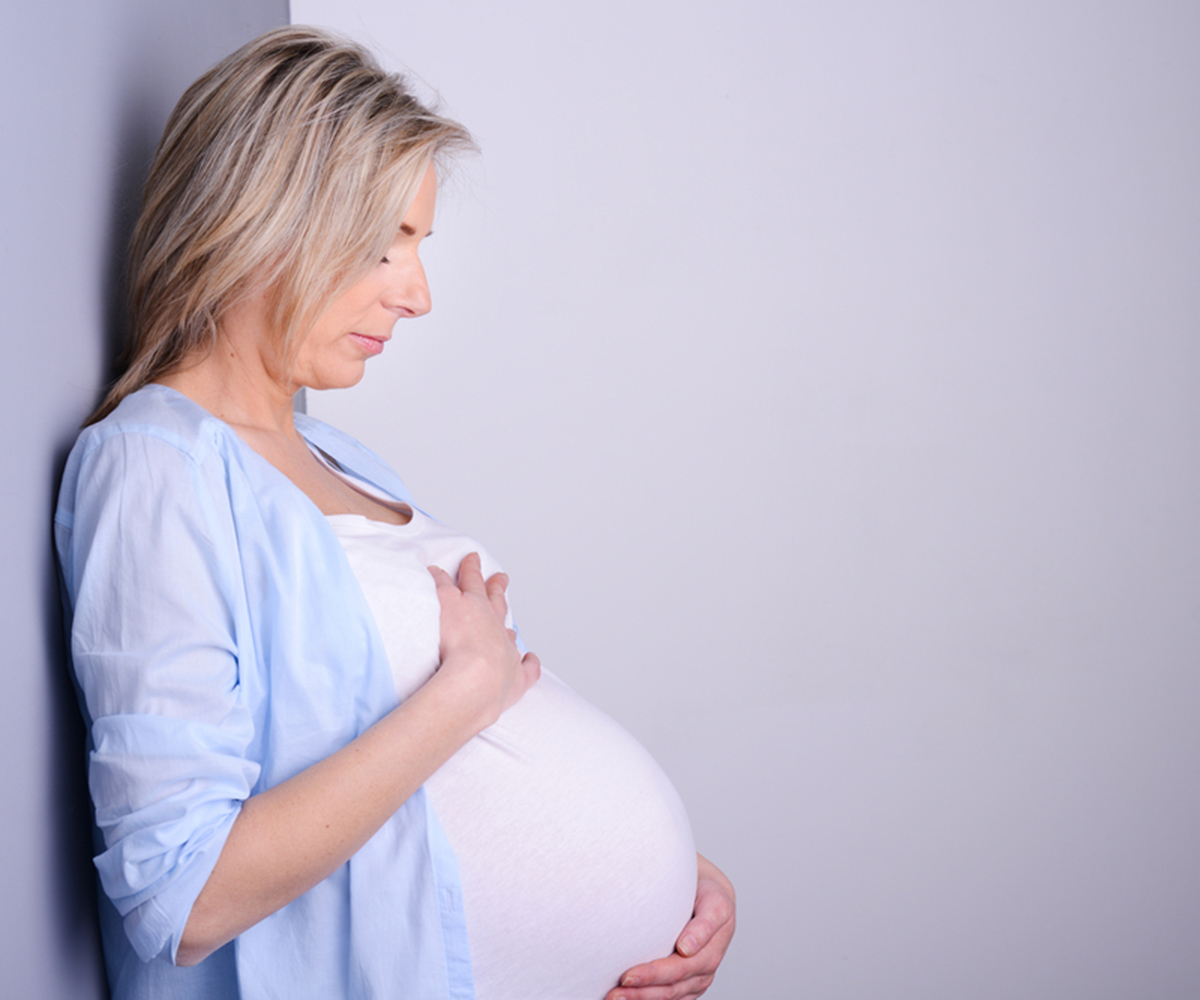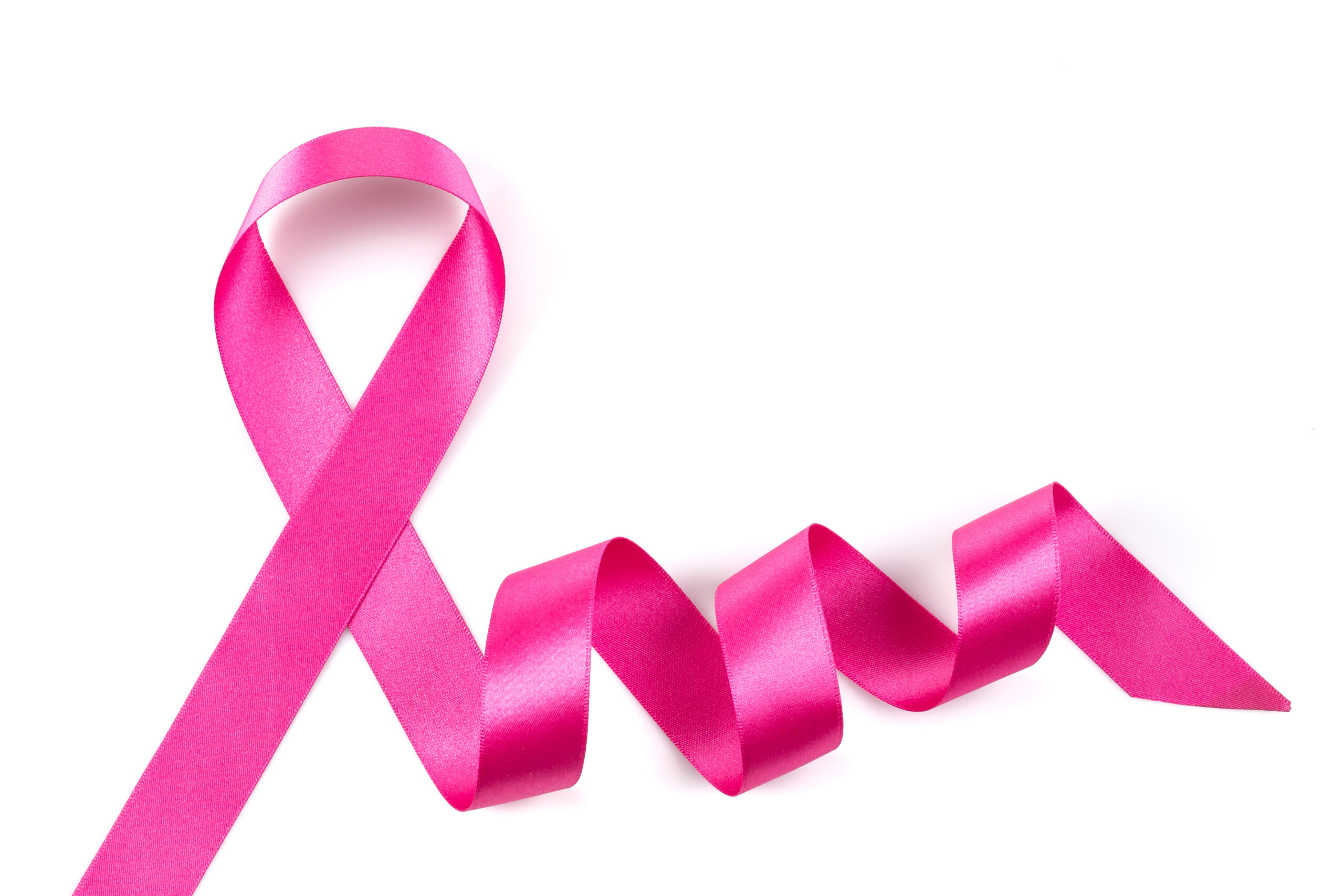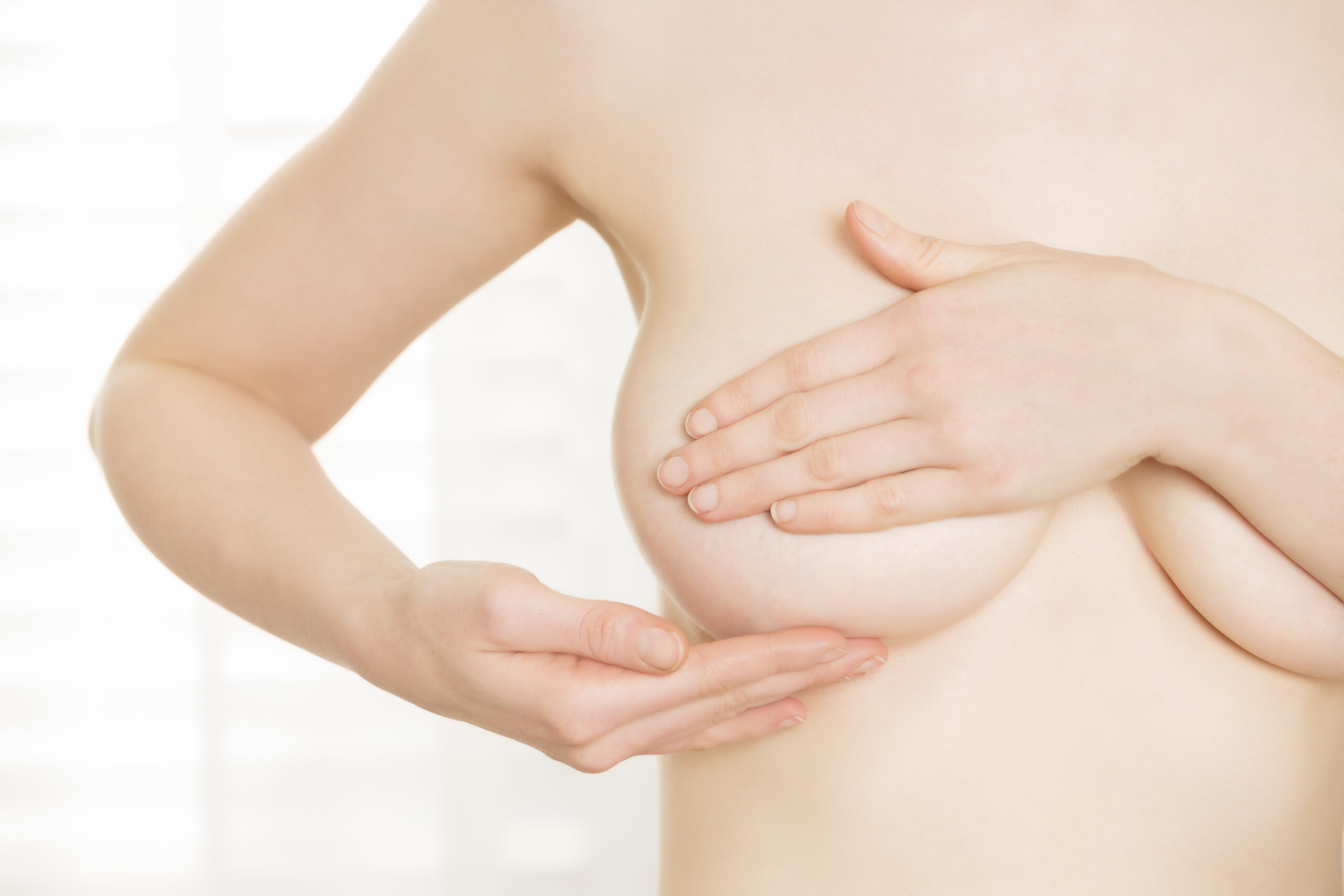An international overview of 15 studies involving nearly 900,000 women suggests that having a baby over the age of 35 means you’re at a higher risk of developing breast cancer for the next 24 years.
Five years after having a child, mothers are 80 per cent more likely to get breast cancer than women of the same age without children, The Times reported. It is thought that the huge hormonal shift caused by pregnancy and childbirth could increase the growth of mutating cells, and subsequently cause breast cancer tumours to form.
Researchers have urged doctors to be made aware of their findings in order to offer the correct care for mothers of young children in this age bracket.
Although starting a family in your late thirties may increase the short-term risk of breast cancer, mothers still have a lower lifetime risk of breast cancer when compared to those who don’t have children. This study found that 35 years after giving birth, women with children were 23 per cent less likely to get breast cancer than childless women of the same age.
While prior findings have been conflicting when it comes to the effect of childbirth on breast cancer risk, it’s been thought that it initially raises the risk but then decreases it. The point at which this shift takes place had previously not been identified but this new research review suggests that it takes 24 years after the birth of a first child for a mothers’ breast cancer risk to decrease below what it would have been had she never had children.
“What most people know is women who have children tend to have lower breast cancer risk than women who have not, but that comes from what breast cancer looks like for women in their sixties and beyond. We found that it can take more than 20 years for childbirth to become protective for breast cancer, and that before that, breast cancer risk was higher in women who had recently had a child,” Hazel Nichols of the University of North Carolina, one of the study’s authors, commented.
In the past 25 years, breast cancer rates have grown by a quarter. Simultaneously, during this period, the average age of a first-time mother has also increased from 28 to over 30. The link between the two isn’t definitive, but as one of the study’s other authors, Minouk Schoemaker of the Institute of Cancer Research in London, points out, it’s certainly a factor to consider. She stated that an ageing population and rise in obesity have also contributed to the rising breast cancer rates.
Reassuringly, she said women should not be worried about starting a family late, reinforcing that 60 per cent of breast cancers occur after the age of 60, with the highest risk for women in their eighties.
“If you have your first baby at 35 there is a risk for 24 years but most cases occur after that — by the time you reach the age where [breast cancer] rates are much higher, your risk is reduced compared with someone who’s never had a baby,” she said.
Baroness Morgan of Drefelin, chief executive of Breast Cancer Now, conceded this: “It’s important to remember that younger women are at a much lower risk of breast cancer. The longer term protective effect of having children continues well beyond the menopause — when breast cancer is more likely.”
Via Grazia
In New Zealand, mammograms to check for breast cancer are free from the age of 45.
However, if there’s a history of breast cancer in the family, women are encouraged to start having mammograms much earlier. [Lumps are not the only sign of breast cancer, click here to find out what else there is to be aware of.[(https://www.nowtolove.co.nz/health/body/lumps-are-not-the-only-indicators-of-breast-cancer-34701)


